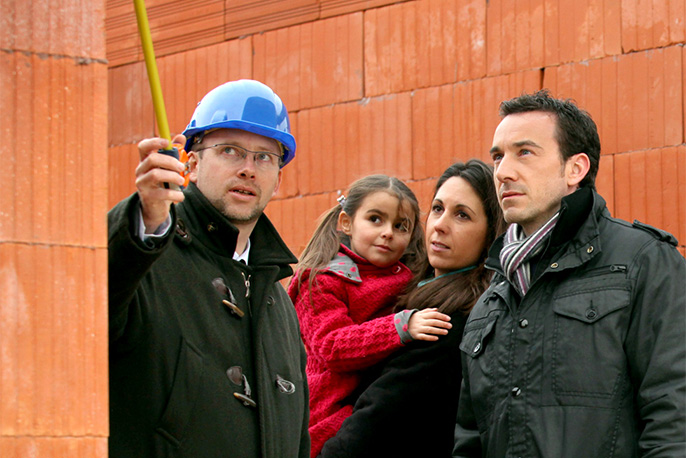
Don’t ignore this step before you buy
You’ve agreed on a price and removed contingencies, but have you had your home inspected? If not, it’s time to call in the home inspector equivalent of Sherlock Holmes, a trained residential sleuth who will check out what’s visible as well as what’s lurking below the floors and behind the walls. This person will also provide a detailed report about the condition of the home’s inside and outside.
The catch is that you have to ask to have an inspection; it’s not an automatic part of the home buying process. But it’s better to be safe than sorry and end up with a purchase that can become a monetary sink hole of repairs and improvements just to keep your new home healthy, functional and from falling apart.
Most good real estate professionals will suggest that you get an inspection.
However, make your choice of which inspector to hire rather than accept a suggestion from your salesperson. There could be a conflict of interest. While sales pros may have good recommendations, they may be more invested in getting the house sold and earn a commission. Sounds cynical, but it has happened.
Instead, ask friends, family, your lender or go online to the American Society of Home Inspectors and search for a licensed inspector in your area.
Only about half the country’s states require an inspector to have a license.
You also should know that an inspector’s training varies greatly, from on-the-job to belonging to a national organization and meeting its training and standards requirements. Some go a step beyond and have an engineering background. So, ask since it can make a big difference in how thorough that person is.
Prices vary widely, too. Bob McDonough, an ASHI certified inspector and owner of Atlanta-based National Property Inspections, says he charges by the size of a home, its age, and type of foundation since a crawl space will require more time to go into and search than a traditional lower-level basement. Certain features may add on extra costs such as a lawn sprinkler system, radon and termite testing, air quality and mold checks. If you’re considering a new home that should be in tip-top condition, you may be charged less, as McDonough does. But his average cost runs $450 and lasts about 2 1/2 hours, he says. So, here, too, ask in advance.
When the inspector comes to your possible future home, shadow every step of the way rather than simply wait in the wings. It’s also a good opportunity to ask questions and to learn where everything is and how it functions. The list of what should be looked at is long, but seeing with your own eyes is helpful. On most checklists are the foundation, doors and windows, roof and siding, plumbing and electrical systems, heating and air-conditioning systems, ceilings, walls, floors, insulation, ventilation, septic tank, well, or sewer lines, and common areas if your home-to-be is in a condominium or cooperative multi-family dwelling.
Your inspector should be diligent about tell-tale signs of a problem such as dark areas, damp spots, and chewed members that suggest TERMITES! You’ll also want to know what kind of remaining life your appliances and equipment have since if a furnace is about to conk out, it’s smart to know that.
Qualified inspectors won’t just verbalize results or give a brief check list, but will write up a detailed report with suggestions regarding what needs to be remediated and why. They should also set aside time to sit and go over the report and answer questions. You may be able to get the price of the house lowered or have the seller pick up the cost on certain key repairs such as that about-to-die furnace or decaying framework in the basement.
With certain houses such as very old ones where it can be harder to detect problems behind walls and floorboards as well as structural soundness, you may want to hire extra eyes—perhaps, a general contractor or structural engineer, or both. They can detect problems and also estimate repair costs.
If your home inspector finds certain problems, you may want to hire specialists such as a roofing or HVAC contractor. Yes, this extra due diligence may add to your costs on the front end, but you will have a clearer idea of what your homeownership will entail–and cost. And just in case the inspector misses a major visible defect after you’ve moved into your home, know that many carry errors-and-omissions insurance.
Having an inspection is not just for buyers. Sellers, too, can benefit. If you get an inspection even before you call in a real estate salesperson, you have a better idea of what needs to be repaired before you find out you must do so to sell your house. These days buyers tend to be much more finicky.
Yet, too few homeowners take this initiative, McDonough says. "Most never go into a crawl space, except to change filters in a furnace, for example. But an inspection in advance can help you sell your house quicker, easier, and for more money." That trifecta is a great incentive!
Share with us any home inspection tips.
